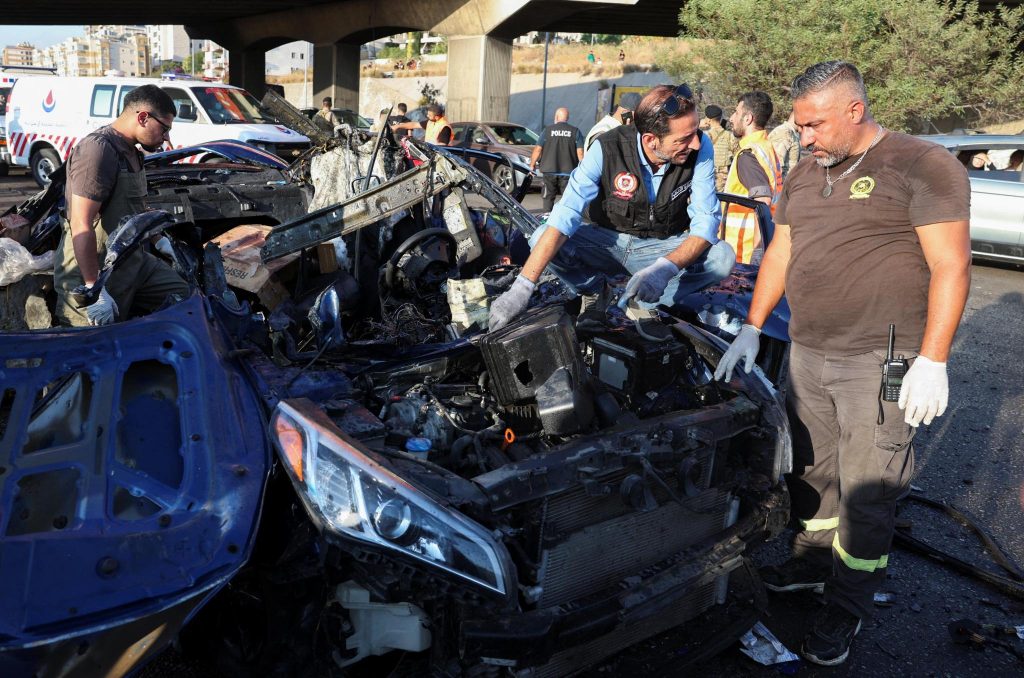The Lebanese government has documented several thousand ceasefire violations by Israeli forces since the ceasefire went into effect in late November. Today, the Israeli Army bragged about launching around 500 strikes against Lebanon since then, so they’re admitting to at least some of those violations.
Not that they’re contrite about this. Rather, they present those hundreds of violations as “achievements.” They went on to claim that the 230 people they’ve killed in those strikes, most of whom have never been conclusively identified and many of them who were plainly civilians, were all Hezbollah members, and argued they’d destroyed a lot of Hezbollah infrastructure.
Hezbollah, by contrast, hasn’t launched a single rocket at Israel since the ceasefire went into effect, so despite the constant Israeli claims they’re violating the ceasefire by existing, the difference in violations in practical matters is starkly different.

No measure of actual, real-world compliance seems to matter to some in the Israeli government, as Finance Minister Bezalel Smotrich visited the border city of Kiryat Shmona Wednesday, and promised that not only will Israel never withdraw ground troops from Lebanon, as was required by the ceasefire, but that they will also never allow Lebanon to rebuild the Lebanese towns and villages near the border that Israel destroyed during the invasion and early on in the ceasefire.
Interestingly enough, Smotrich said there was a “big possibility” that Hezbollah’s arms had all been destroyed and that Iran had abandoned them. It’s not clear, then, why he combined that possibility with an endless occupation and permanent destruction of villages the IDF burned to the ground.
The strikes continued, with an attack Tuesday targeting a motorcycle rider in Nabatieh Governorate, near Bint Jbeil. One person was killed and four were wounded. Though there is no evidence this was actually the case, the IDF once again declared the slain person to be a “senior Hezbollah member.”
US envoy Tom Barrack responded to the continued violations by once again demanding that Lebanon fully disarm Hezbollah, with officials insisting that Israel won’t withdraw without such a concession, and that indeed Barrack won’t even visit Beirut again without it.
Israel, of course, has made it clear they have no intention of withdrawing at any rate, and Barrack conceded during his last visit that the US had no intention of pressuring them to do anything in return. The threat to stop visiting Lebanon to make unilateral demands is unlikely to be much of an incentive.


